Avoiding compassion fatigue in the behavioral health services field is challenging. Every day staff sees families struggling to survive the devastating impact of substance abuse and addicts fighting for freedom. Responsible treatment facilities encourage their behavioral health providers to maintain a healthy work and downtime balance.
Even with support, as many as 61 percent of workers in addiction treatment and behavioral health profession experience burnout symptoms ranging from headaches and gastrointestinal problems to depression and other psychological complaints. The staff turnover rate has been estimated at 30-35% on average. Achieving a healthy work/life balance is instrumental in maintaining physical, spiritual and emotional health. Here are a few tips to ensure workers in the human services realm don’t succumb to compassion fatigue.
Facility Help & Strategies
As Facility Owners, Program Directors and Administrators, you define the workplace environment. To support your staff you can offer the following:
- Utilize healthcare technology that makes it easier for workers to serve their patient population.
- Reduce caseload, ensuring counselors and clinicians aren’t required to work extra hours struggling to find a place to stop within any day to play catch up.
- Support a healthy lifestyle with on-site nutritional and exercise workshops.
- Create an open-door policy that encourages workers to seek help when they feel stressed or overwhelmed.
- Establish an on-call schedule that allows workers to have regular, uninterrupted off-duty hours.
Tips for Staff to Achieve a Healthy Work/Life Balance
#1 Learn to recognize the signs of early burnout. The National Alliance of Mental Health lists the following symptoms as common signals you may be in trouble.
- Recurring headaches
- Stomach disorders such as pain, diarrhea, constipation and nausea/vomiting
- Sleep disorders
- Declining energy or lethargy
- Tension, muscle aches, and pain throughout the body
#2 Ask for a reduced caseload. Leave the office without worrying about what didn’t get done.
#3 Develop healthy eating and exercise routines.
#4 Volunteer. Whether you walk dogs at the local shelter twice a week, spend time reading to children at the library, or teach a community education class at the local college, find an opportunity to get involved with an activity that isn’t related to your work. Volunteering gives us a deeper connection to our passion and the community around us, it gives us purpose, and builds self-worth many other activities can’t. And, the positive rewards tend to soften the edges of the often traumatic daily grind in the helping profession.
#5 Stop worrying about things you cannot change. In her book, 13 Things Mentally Strong People Don’t Do, Amy Morin tells readers to identify their fears and make a worse case scenario plan. When you know you have a solution, you can stop waiting for the crisis. She also recommends practicing relaxation techniques, such as meditation to relieve stress.
Addiction Treatment & Mental Health Technology Solutions Reduce Clinic Burnout Rates
Creating a healthy addiction treatment workplace culture starts with giving your staff all the tools and resources they need to work smarter. AZZLY® Rize™ software solution helps you streamline internal processes from the first touch-point to aftercare and continuing care management. Empower your team to achieve work/life balance. Download a demo today or contact our support team for more information.




